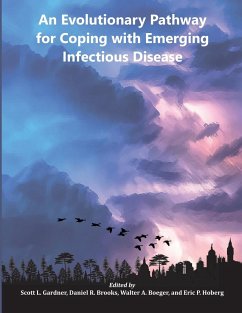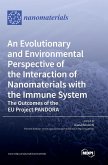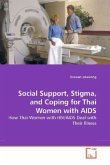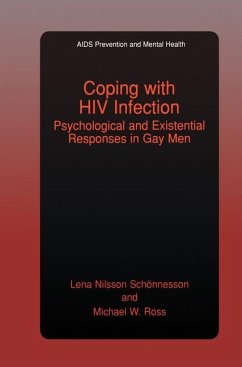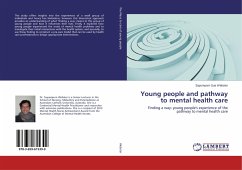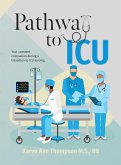Emerging infectious disease (EID) represents an existential threat to humanity. EIDs are increasing in frequency and impact because of climate change and other human activities. We are losing the battle against EIDs because of improper assessment of the risk of EID. This stems from adherence to a failed paradigm of pathogen-host associations that suggests EIDs ought to be both unpredictable and rare. That, in turn, leads to policies suggesting that crisis response is the best we can do. Real-time and phylogenetic assessments show EIDs to be neither rare nor unpredictable-this is the parasite paradox that shows the failures of the traditional paradigm. The Stockholm Paradigm (SP) resolves the parasite paradox, based on the notion that EIDs are expressions of preexisting capacities of pathogens that colonize susceptible but previously unexposed hosts when environmental perturbations create new opportunities. This makes risk space much larger than thought; moreover, climate change and anthropogenic activities increase the risk of EID. The policy extension of the SP is the DAMA protocol (Document, Assess, Monitor, Act). Preexisting capacities for colonizing new hosts given the opportunity are both specific and phylogenetically conservative, hence, highly predictable. This provides hope that we can prevent at least some EIDs and mitigate the impacts of those we cannot prevent. Novel variants arise only after new hosts are colonized and are thus both likely and unpredictable. This makes the DAMA protocol the essential starting point for a clear pathway for coping effectively with the EID crisis. This volume explores the state of the art with respect to the SP and the DAMA protocol.
Hinweis: Dieser Artikel kann nur an eine deutsche Lieferadresse ausgeliefert werden.
Hinweis: Dieser Artikel kann nur an eine deutsche Lieferadresse ausgeliefert werden.

